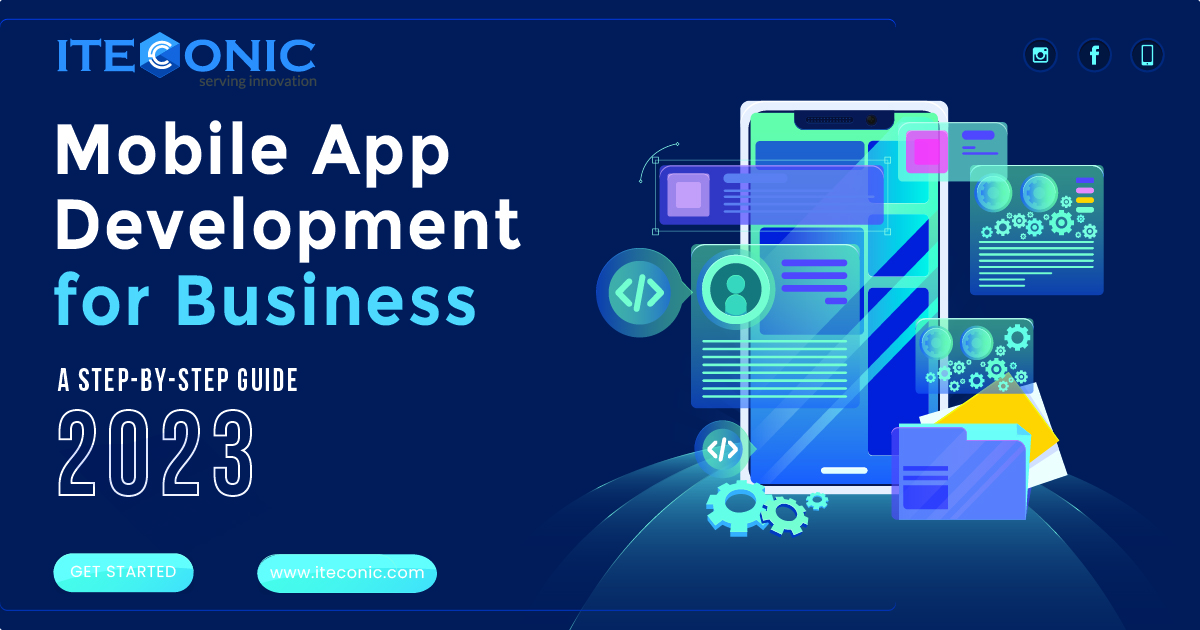6 Proven Means to Use AI in Mobile App Development in 2024
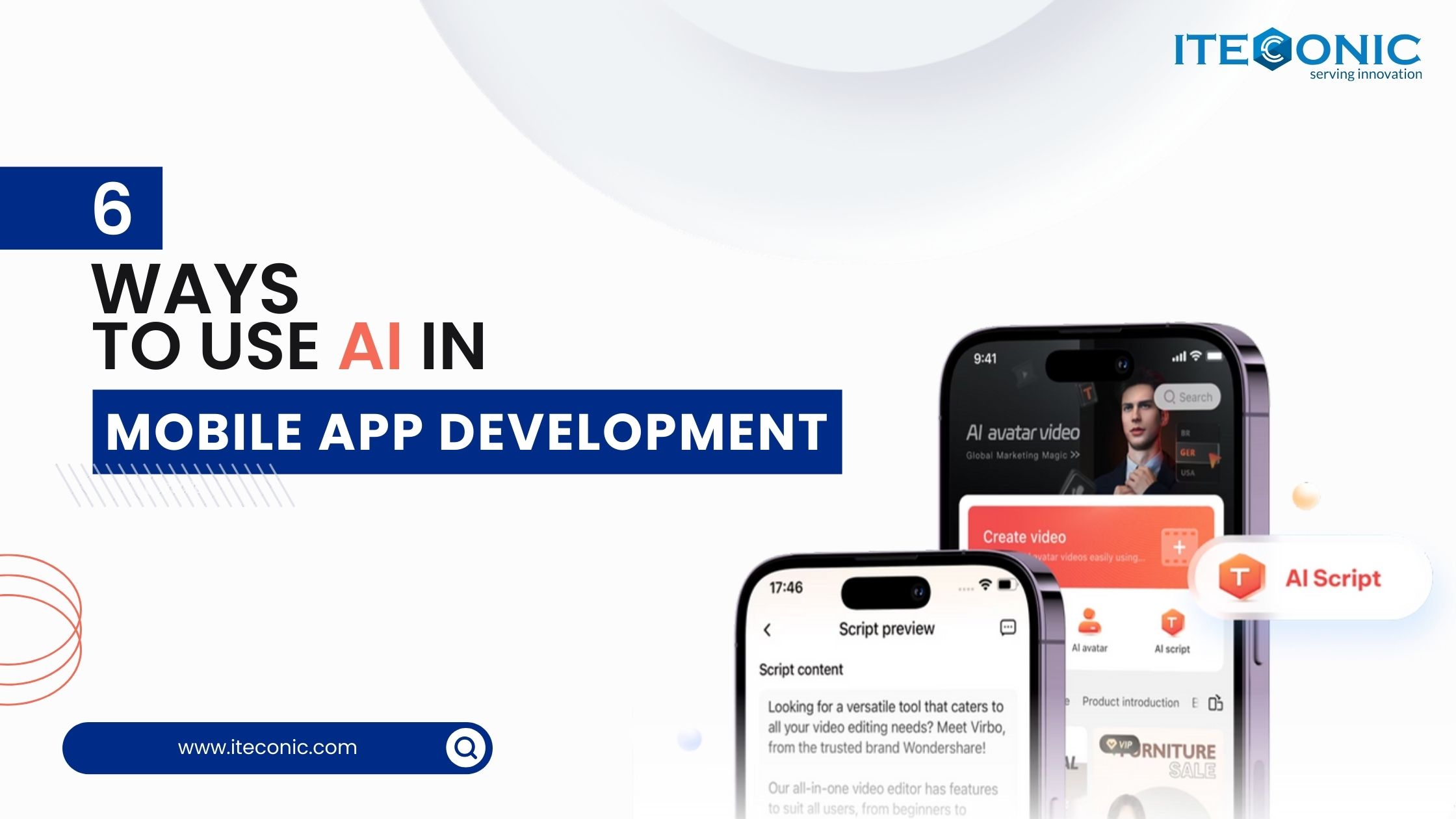
The integration of AI – Artificial Intelligence in the mobile app development industry represents a transformative leap in the way we interact with and benefit from smartphone applications. AI technologies, such as machine learning and natural language processing, empower mobile apps to deliver intelligent, and efficient experiences to users.
AI-driven mobile apps can offer personalized recommendations based on user behavior, preferences, and historical data, enhancing user engagement and satisfaction. This is why a majority of start-ups now prefer to shift towards AI-based technology for fruitful results and maximum ROI for their business. Considering the fact that by the end of 2030, the artificial intelligence global market is going to hit $2 trillion, as the adoption of this new technology is easy to use and implement. By effective means of knowledge and skills, ITEconic’s mobile app development experts are efficient in using AI on your next big project to boost your customer reach.
In this article, we have summarized the effective ways to use artificial intelligence to build a next-gen mobile app that performs well in the market. Read below to learn more.
Why You Need Artificial Intelligence for Application Development Model
From the time of this technology’s announcement till now, artificial intelligence has created the image of a solution provider. Be it offering decision-making capabilities to problem-solving analytics, the extensive datasets with immediate actions have made this technology more accurate by every means.
Multiple reasons make artificial intelligence an indispensable tool in the application development industry. The first one begins with efficient automation, as the AI-powered automation streamlines multiple app development tasks faster, right from coding to testing before deployment. Other than this, AI-driven predictive analytics can help app engineers identify potential issues, anticipate user needs, and make data-informed decisions that lead to better app performance.
Similarly, applications based on artificial intelligence stand out in a crowd by offering improved usability, and better user experience, which gives your business a significant shift. Additionally, when considering user experience, AI-developed mobile apps help to create smooth and highly personalized user experiences. You can run down the following guide to learn more about it!
- NLP capabilities in AI enable the creation of conversational interfaces and chatbots, allowing users to interact with apps through natural language.
- Other than this, it will help to manage a vast amount of data efficiency ensuring processing of big data seamlessly.
- In today’s world, it is crucial to protect sensitive user data, hence AI algorithms are useful to detect and mitigate all types of security threats by maintaining the application integrity.
- AI can monitor and optimize application performance by identifying and addressing bottlenecks, improving response times, and ensuring a smooth user experience.
- At last, mobile application development companies build machine learning-driven apps to accommodate more efficiency and response even during peak usage.
Trending Article Globally – How to Use Kotlin for Android App Development?
6 Proven Means to Use AI in Mobile App Development
In the following article, we tried to briefly describe the 6 major ways to use artificial intelligence in the mobile app development industry.
To begin with we’ll start with;
Speech Recognition Technology for Positive Results
Speech recognition technology, also known as Automatic Speech Recognition (ASR), is a ground-breaking innovation useful to convert spoken language into text or commands, revolutionizing the way we interact with computers and devices. This transformative technology employs complex algorithms and neural networks to process and interpret spoken words accurately.
Speech recognition has a wide range of applications starting in healthcare, it enables physicians to dictate patient records, improving documentation efficiency, while in customer service, interactive voice response (IVR) systems use it to assist callers. Voice assistants like Siri, Google Assistant, and Alexa rely on ASR to understand and execute user commands. In the automotive industry, it powers voice-controlled infotainment systems, enhancing driver safety.
Chatbots Are Real
This new AI-powered software program named as Chatbot designed to act out human-like conversations with users. These digital assistants can interact via text or voice and are employed across various industries for diverse purposes. They streamline customer support by providing instant responses to queries, improving efficiency, and availability. In e-commerce, chatbots assist shoppers in finding products and making purchase decisions. They also facilitate data collection and lead generation. In the healthcare sector, they offer symptom assessment and appointment scheduling.
In recent times, chatbots have continued to evolve with advancements in natural language processing, enhancing their ability to engage users and automate tasks, making them an integral part of modern digital interactions.
Positive Impact of Machine Learning
Machine learning is a subset of artificial intelligence that empowers computer systems to learn and improve from data without explicit programming. It utilizes algorithms to identify patterns, make predictions, and optimize decisions based on training data. Machine learning applications span various domains, including image and speech recognition, recommendation systems, and predictive analytics. Its adaptability allows for continuous improvement and automation, making it crucial in modern technology.
By processing large datasets and iteratively refining models, machine learning revolutionizes problem-solving, enabling computers to tackle complex tasks, from medical diagnoses to self-driving cars, ultimately reshaping industries and enhancing our daily lives.
Top-tech post defining Top Mobile App Development Companies
Biometrics for Security Improvement
Biometrics is a powerful tool for enhancing security and by utilizing unique physical or behavioral traits like fingerprints, facial recognition, or iris scans, biometric systems provide highly accurate and reliable authentication methods. These systems offer a higher level of security than traditional passwords or PINs, as biometric data is difficult to forge or replicate. Biometrics also simplifies user access while reducing the risk of unauthorized access, enhancing overall security.
Whether used in smartphones, border control, financial transactions, or employee access systems, biometrics significantly strengthens security measures, safeguarding sensitive information and physical spaces in an efficient and user-friendly manner.
Image Recognition for Mobile Application Development
Image recognition is a crucial component of mobile app development, enabling apps to identify and interpret visual content from images or videos. This technology utilizes deep learning and computer vision algorithms to recognize objects, scenes, text, or even faces within pictures. By integrating image recognition, mobile applications can provide enhanced user experiences by streamlining the processes while offering an ability to open up innovative possibilities for industries like gaming, healthcare, retail, and more.
Mobile apps can harness image recognition for a variety of purposes, including augmented reality experiences, product recognition for e-commerce, document scanning and text extraction, and facial recognition for authentication or photo tagging.
Use AI-Driven Personalization Transformations
AI-driven personalization is reshaping industries by tailoring experiences to individual preferences and behaviors. In e-commerce, it enhances product recommendations, increasing conversion rates and customer satisfaction. Content streaming platforms like Netflix employ AI to suggest shows and movies, keeping users engaged. In essence, AI-driven personalization transforms how businesses engage with customers, leading to higher retention rates, improved decision-making, and increased revenue. However, it also raises ethical concerns about privacy and data security, necessitating careful consideration and regulation as these technologies continue to advance.
Write from Our Editor’s Side
With the revolution curated to drive success, AI has become a fundamental component of application development, which brings innovation, efficiency, and user satisfaction on board. You can take the example of different industries like in healthcare, AI can assist in medical diagnosis, while in the gaming genre, and it can enhance player experiences.
You can say that artificial intelligence in mobile application development is reshaping the industry, leading to smarter, more user-centric, and effective applications that cater to the evolving needs and expectations of modern smartphone users. You can visit the official site of ITEconic to read more such posts regularly or get in touch with our professionals to identify the best trends ruling in the application development industry.
Frequently Asked Questions
Q1. How does AI help developers to build mobile apps?
AI-driven analytics enable developers to gain valuable insights into user behavior, helping them refine their apps continuously. Security features like facial recognition and fingerprint scanning, backed by AI algorithms, bolster app security.
Q2. How does artificial intelligence work for different industries?
Healthcare benefits from AI by delivering personalized treatment plans and predicting patient outcomes. In education, adaptive learning platforms adjust content to students' skill levels, improving comprehension. Financial institutions use AI to personalize investment advice and detect fraud.
Q3. Why is it important to integrate AI in the app development process?
Integrating AI into the development process is not just a choice but a necessity to keep up with evolving user expectations and stay ahead in the ever-changing tech landscape. Chatbots and virtual assistants powered by AI provide instant and responsive customer support, making apps more user-friendly. Moreover, speech recognition promotes inclusivity by providing accessibility features for individuals with disabilities, enabling them to communicate and navigate digital environments more effectively.
Q4. How is AI in mobile apps useful?
As technology continues to advance, the accuracy and versatility of artificial intelligence are constantly improving, opening up new possibilities for hands-free operation, language translation, and bridging communication gaps across diverse communities.
.jpg)
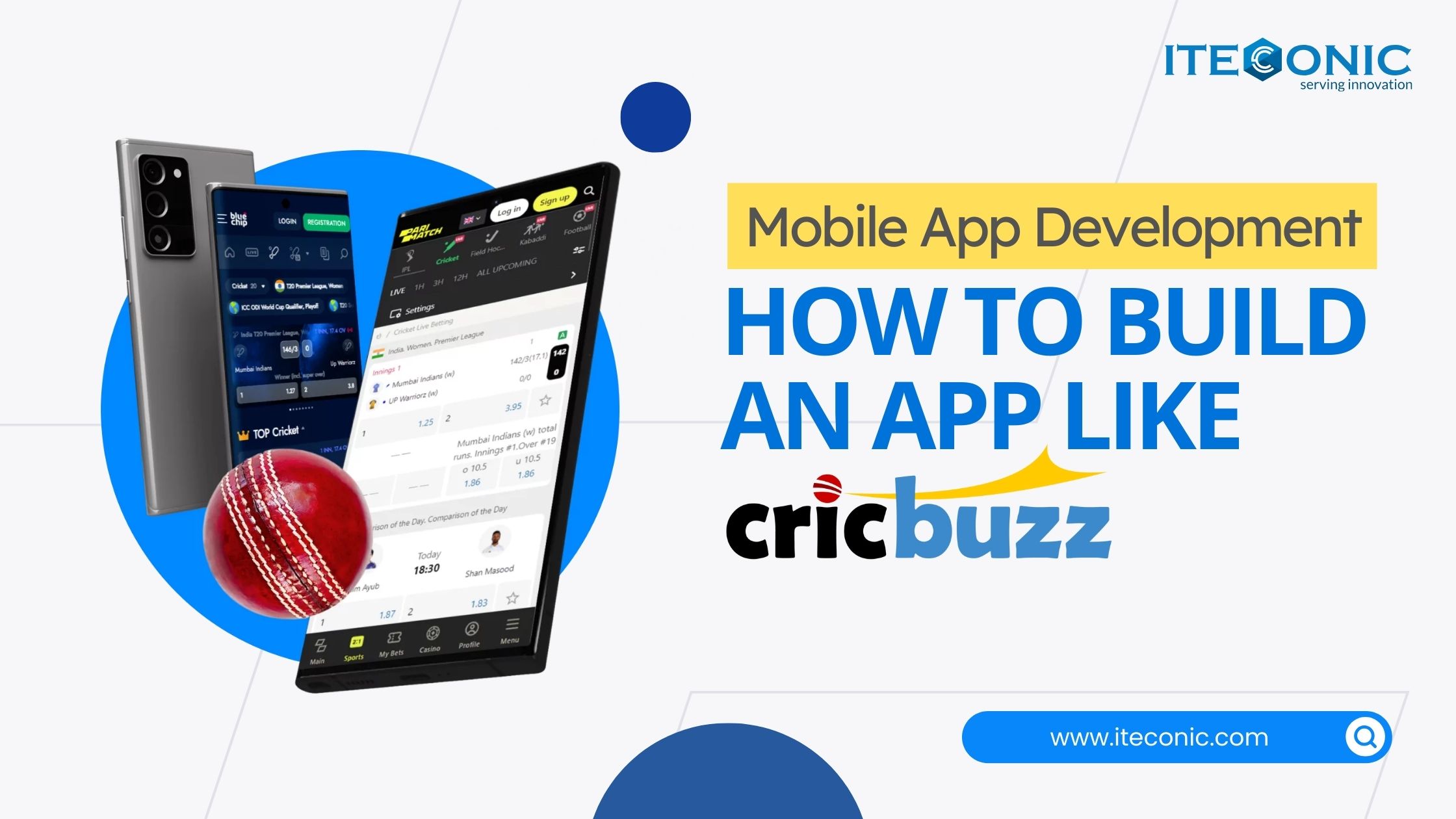
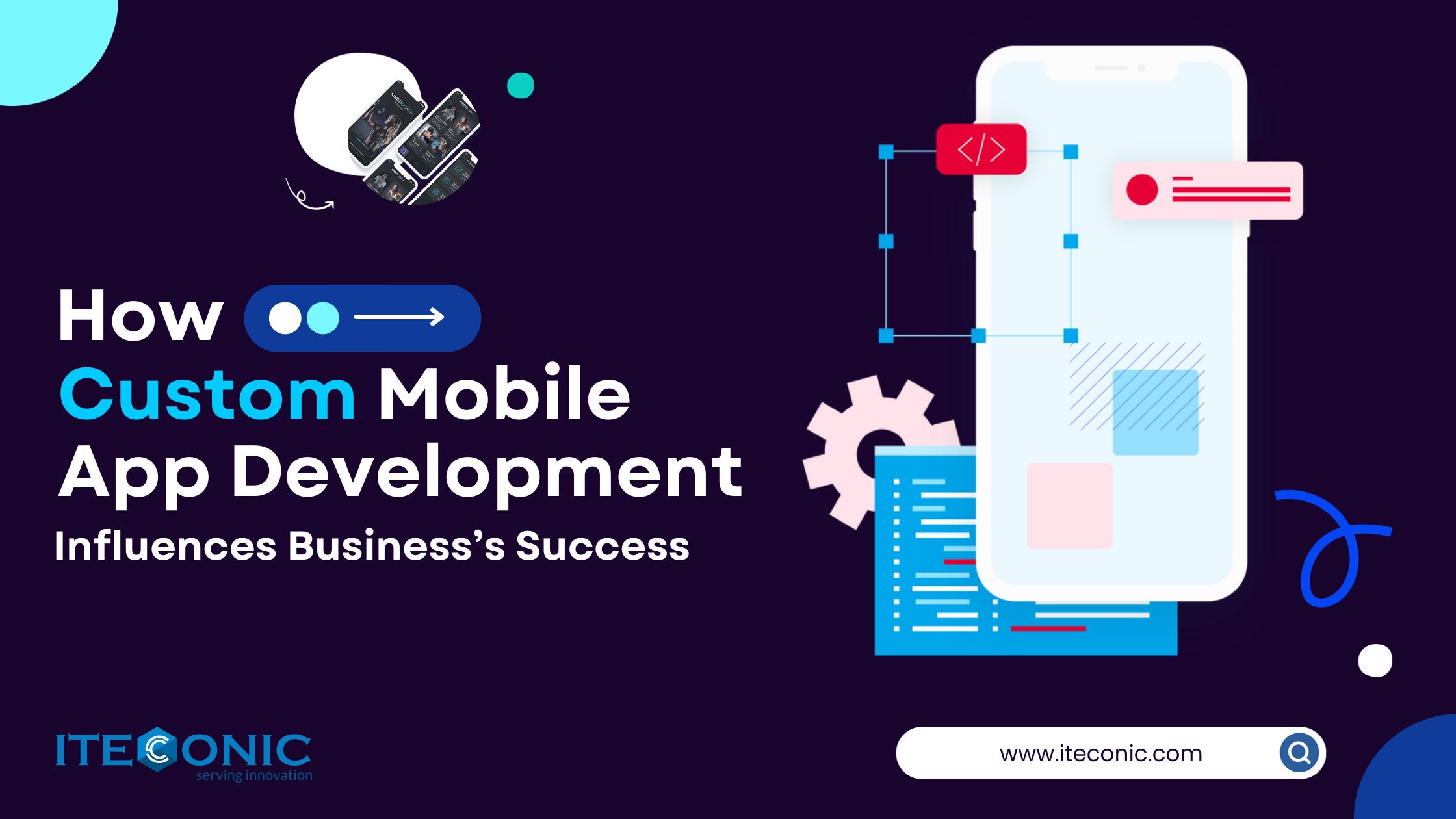
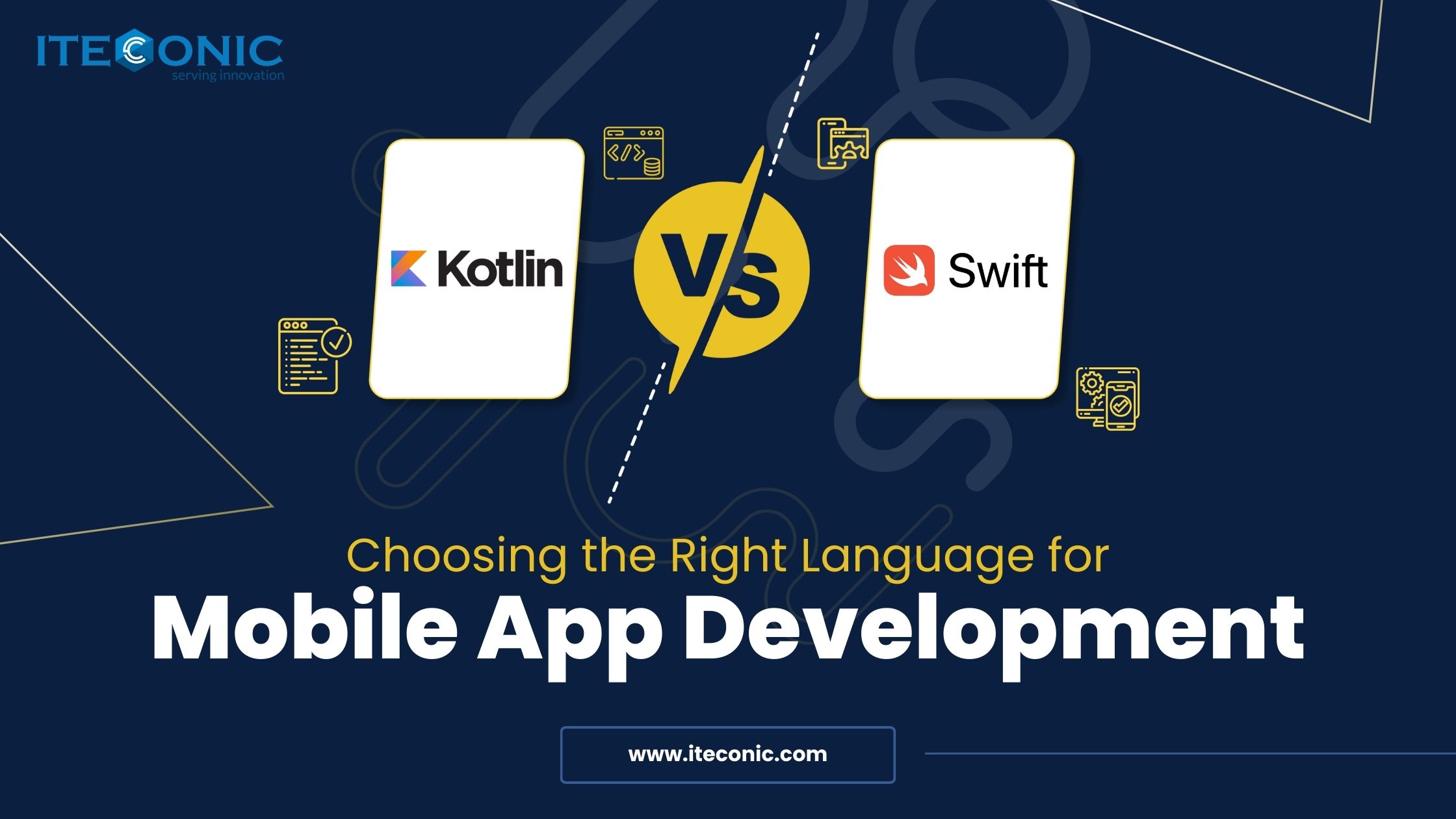
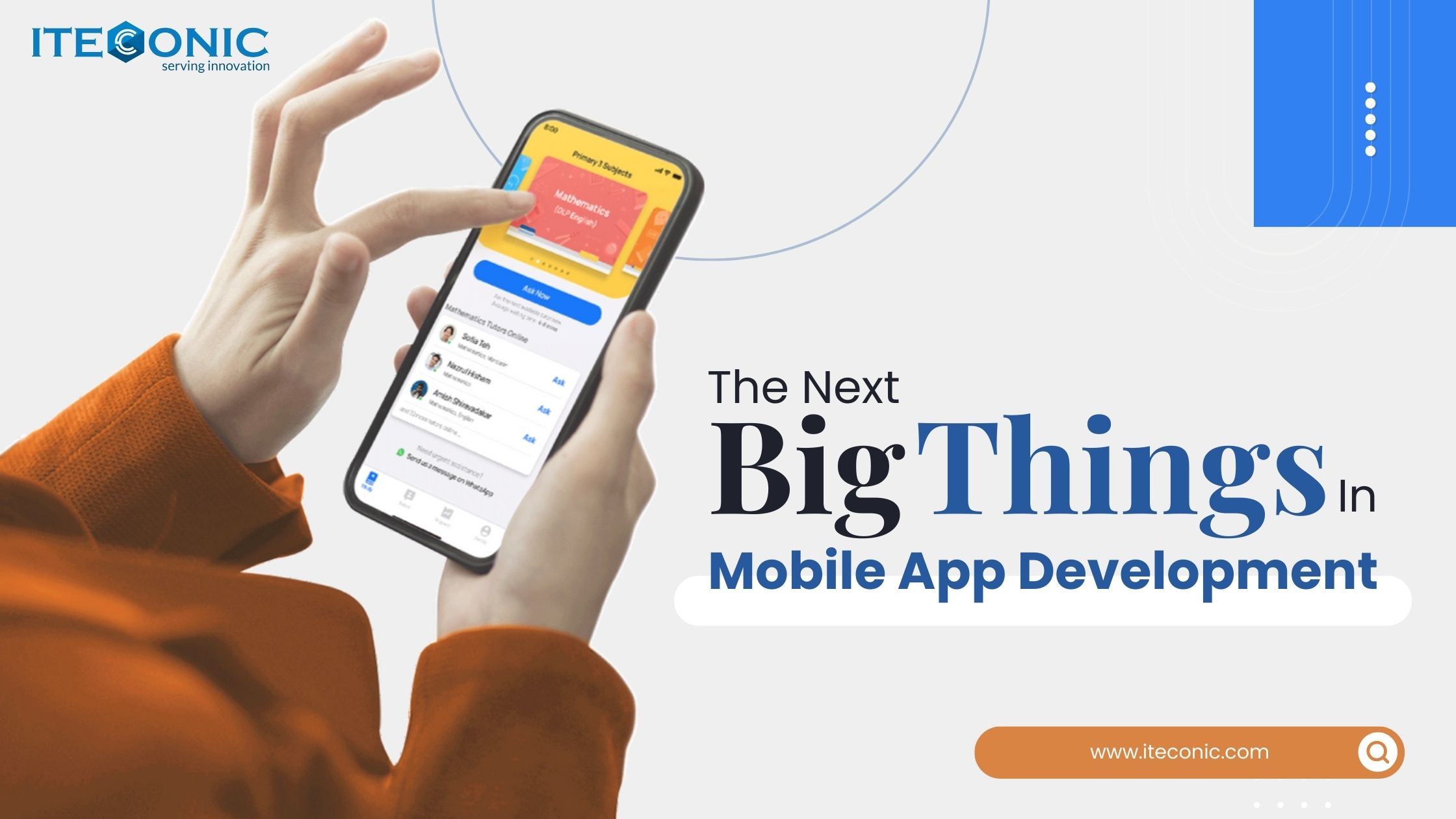
.jpg)
.jpg)
.jpg)
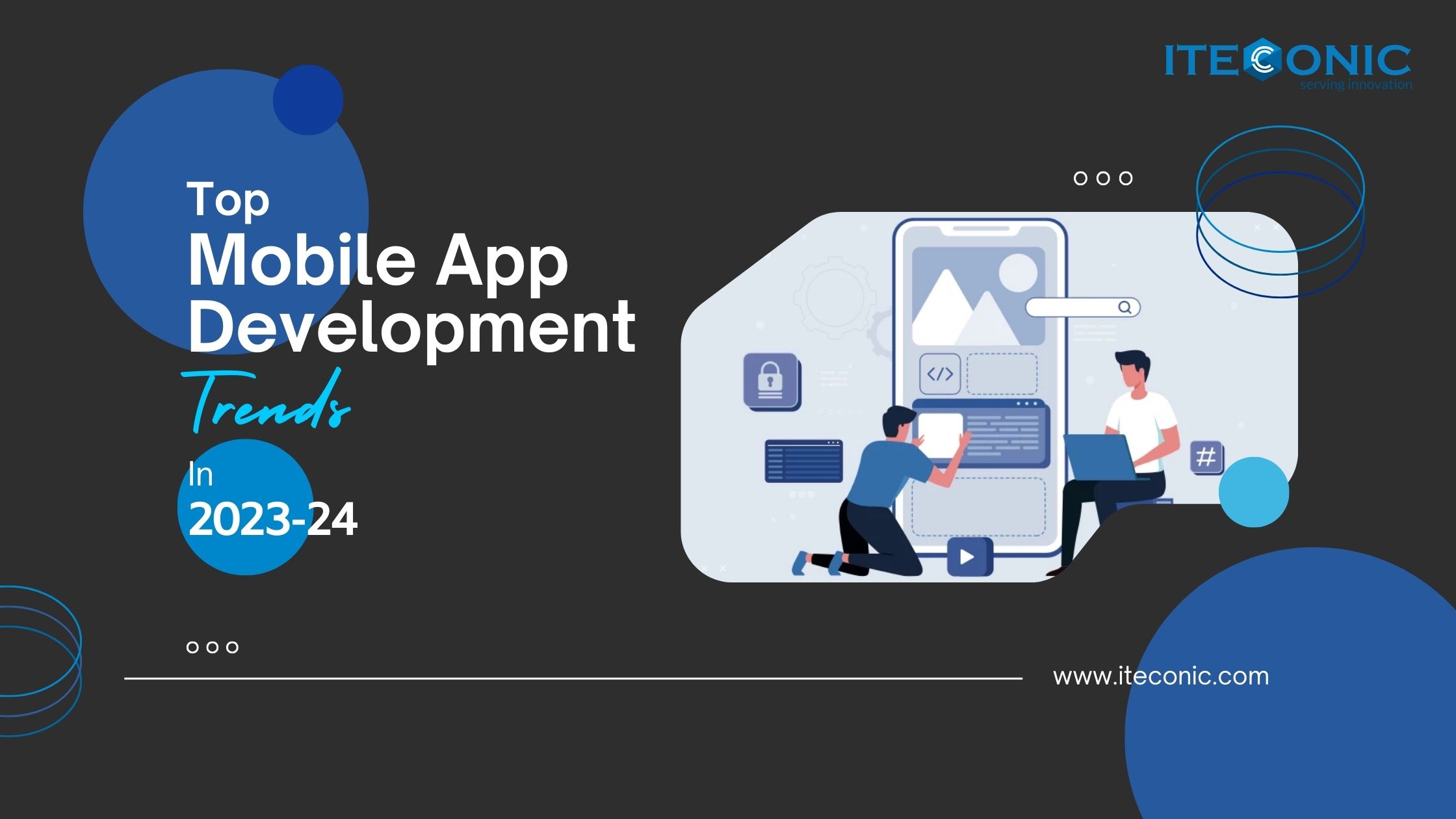
.jpg)
 (1).jpg)
.jpg)
.jpg)

 (1).jpg)
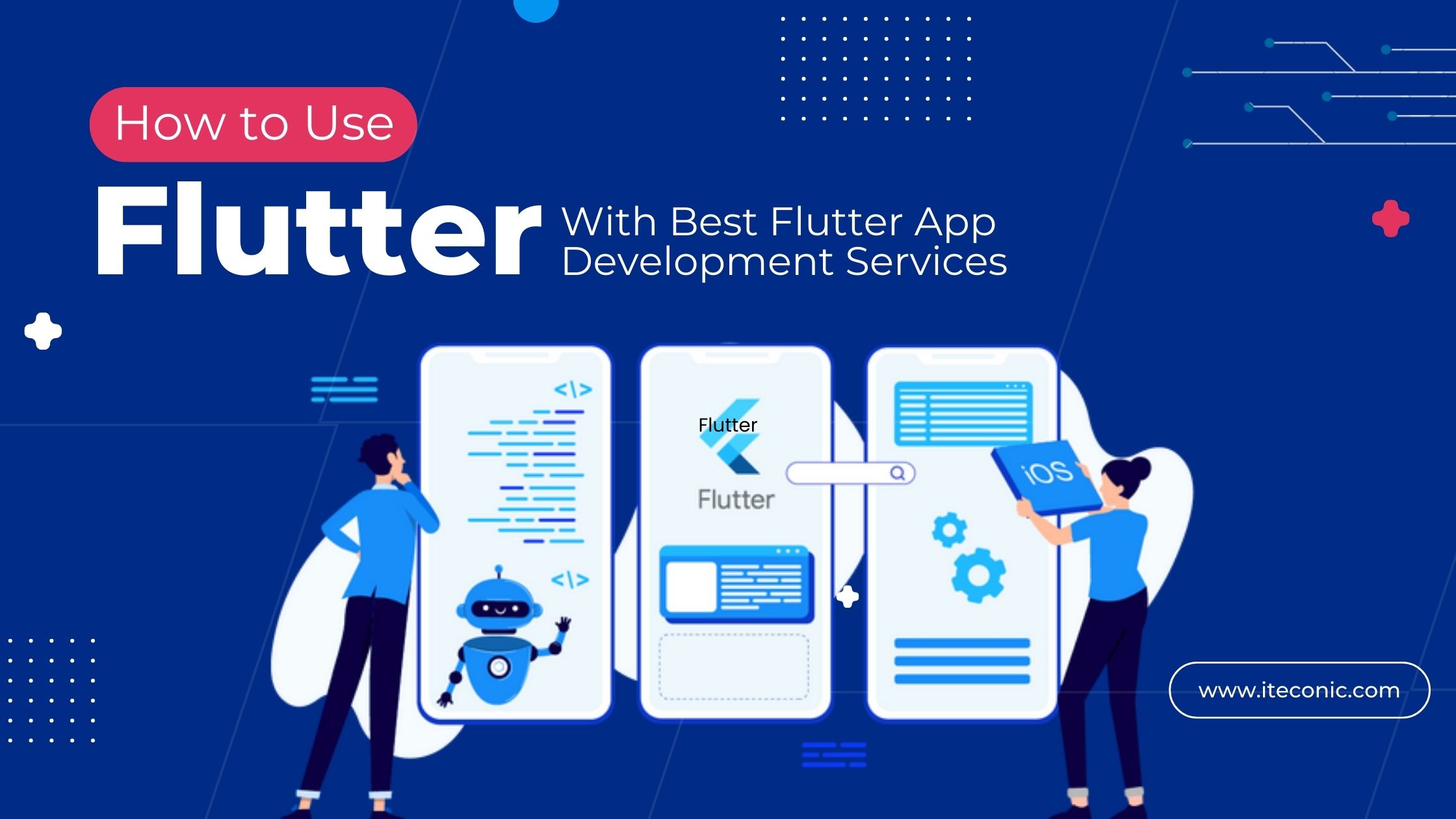
.jpg)
 (2).jpg)
.jpg)
.jpg)

.jpg)



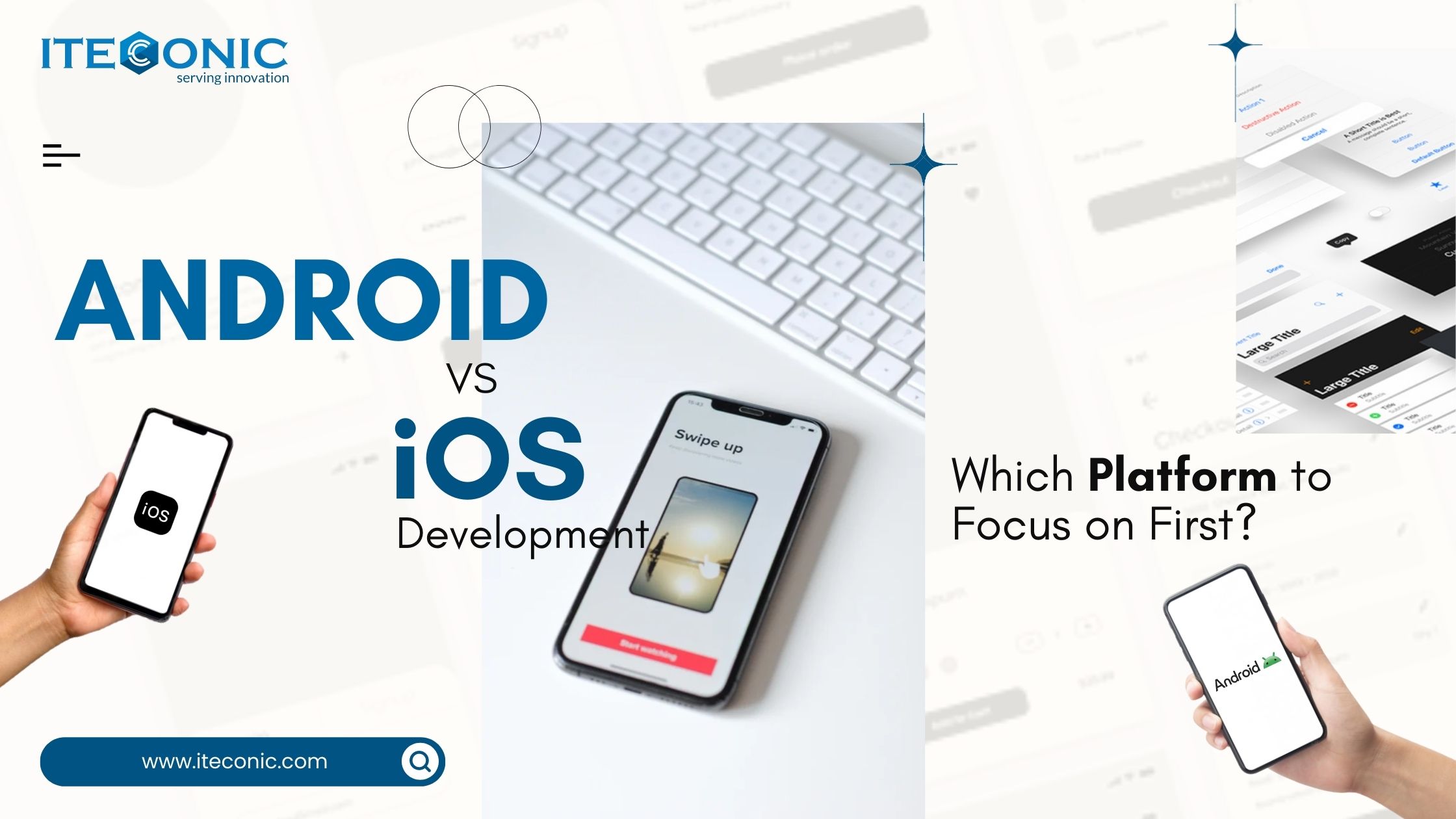

.jpg)
.jpg)
.jpg)
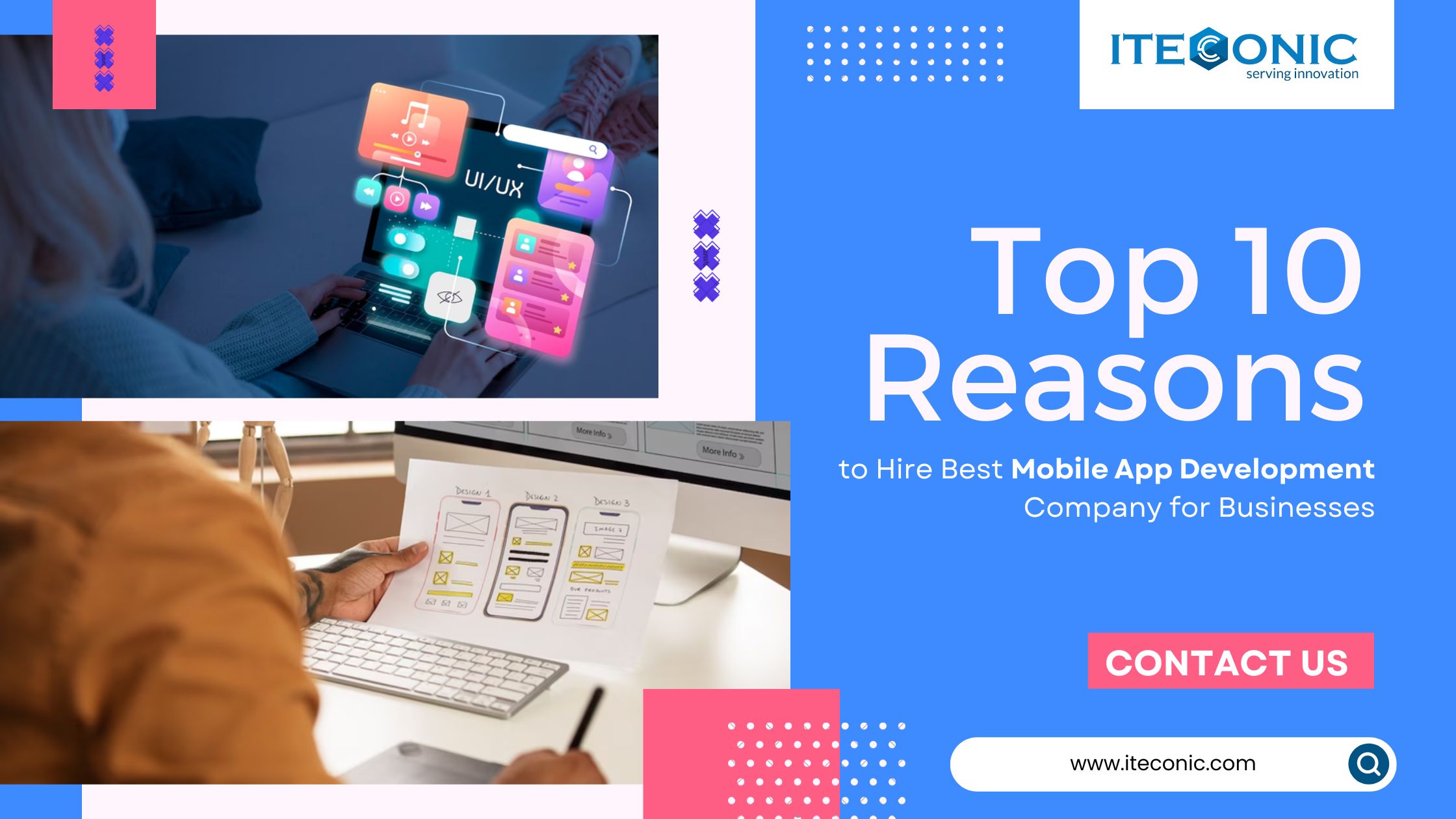
.jpg)
.jpg)
.jpg)
